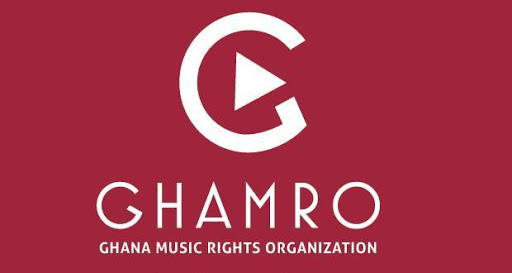With the increased awareness of intellectual property rights by artistes in the country, it became imperative that a regime be created to protect the rights of these artistes and to create a structure by which they would enjoy the monetary fruits of their labour.
The first attempt at creating this regime was by the enactment of the Copyright Law, 1985 (PNDCL 110). This Act was passed to protect the economic and moral rights of all creators of literary works.
The Act also provided for the enacting of a legislative instrument that would establish a society which was among others responsible for the collection of royalties for creators of literary works. Pursuant to the provisions of PNDCL 110, the Provisional National Defence Council Secretary responsible for National Culture passed the Copyright Society of Ghana Regulations 1992 LI 1527. Under LI 1527, a society, the Copyright Society of Ghana (COSGA), was formed to,
“(a) to represent and protect the professional, economic, moral and other interests of authors of literary, musical, artistic, dramatic and other works.
(b) to serve as a collecting society for the collective administration of copyright of the members of the Society.”
Under LI 1527 a board comprising persons in the various sectors of the creative arts industry including artistes was established for the administration of copyright in Ghana. The functions of the board included the following;
(a) to administer on an exclusive basis within Ghana and elsewhere by means of reciprocal agreements, all rights relating to public performances, mechanical and reprographic reproduction rights;
(b) to act as an intermediary for the conclusion of contracts between authors and users of authors’ works;
(c) to receive and record any information from its members in respect of the identification of authors and their works;
(d) to charge and collect royalties from the users of authors’ works and pay such royalties to the appropriate authors;
(e) to ensure that the conditions attached to the grant of compulsory licenses under sections 21 and 24 of the Copyright Law, 1985 (P.N.D.C.L. 110) are complied with”
The work of COSGA was supported by the Copyright Office established under the Ministry of Justice in 1985.
In 2005 however, , Parliament passed the Copyright Act 2005, Act 690 (hereinafter referred to as Act 690) to bring the provisions on copyright and the Copyright Office in conformity with the Constitution and to provide for other related purposes.
With the enactment of the Copyright Act 2005, persons in the creative arts industry were granted the liberty to form associations which would effectively protect their rights and collect on their behalf royalties from their works. This was a deviation from the existing legal set up, previously under LI 1527.
Pursuant to the provisions of the Copyright Act 2005, Act 690 the Ghana Music Rights Organisation (hereinafter referred to as GHAMRO) was formed as a company limited by guarantee on 23rd December, 2011 to manage the rights of music owners. At the time of formation, GHAMRO was headed by a 12-member interim board comprising, Carlos Sakyi, Amandzeba Nat Brew, K.K. Kabobo, Mark Okraku Mantey, Kojo Antwi, John Mensah Sarpong, Akwesi Agyepong, Ahmed Banda (Bandex), Bice Osei Kuffour (Obour), Daniel Adjei (Dan Ray), Abebe Kakraba, and Mary Ghansah.
By: Kwabena Frimpong Mensah Esq and Adwoa E Paintsil Esq
ADVERTISEMENT






